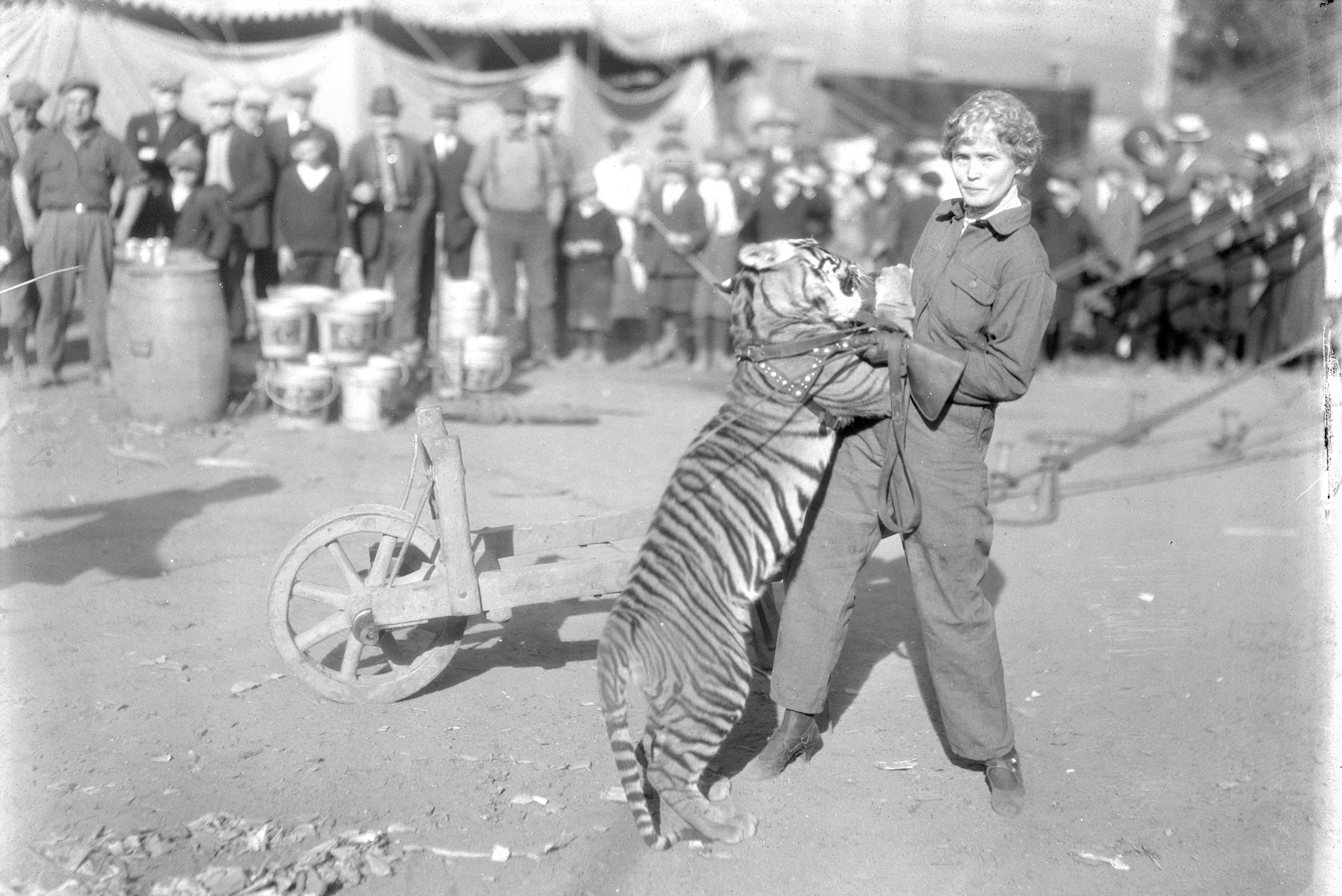Black, Hispanic and Asian American donors give more to social and racial justice causes as well as s
Larger shares of Asian, Black and Hispanic people are donating to these nonprofits, compared with white donors. They are also more likely to give to others through less formal channels.

More than a year after protesters around the world responded to the tragic deaths of George Floyd, Ahmaud Arbery, Breonna Taylor and other people of color, U.S. donors of all backgrounds are still responding to calls for an end to deep-rooted racial inequities.
To learn more about these giving patterns, the Indiana University Lilly Family School of Philanthropy teamed up with the nonpartisan research organization NORC at the University of Chicago to survey 1,535 Americans from Sept. 14 to Oct. 6, 2020. Our survey, which has a margin of sampling error for all respondents of plus or minus 5 percentage points, indicates that giving to racial and social justice is on the rise – especially among donors of color.
We highlighted these findings in a recent report that also draws on insights from focus groups convened with diverse donors across the country and prior research.
Diverse racial and ethnic backgrounds
Giving to social and racial justice causes including groups tied to the Black Lives Matter movement, the Smithsonian’s Latino Center and other cultural and arts institutions and colleges and universities primarily attended by Black, Indigenous and other students of color has grown in recent years. The share of Americans who said they are doing this rose from 12.6% in 2019 to 15.7% in 2020.
Even larger shares of people within communities of color support these causes: 30.7% of Asian Americans, 19.3% of African Americans and 13.9% of Hispanic Americans donate to social and racial justice causes, compared with 12.6% of white people.
In addition, we found that donors to social and racial justice causes are more likely to be single and young and less likely to attend religious services frequently compared with donors overall.
Informal giving
Donors of color who fund charitable organizations also tend to give informally. For example, they were more likely to say that they give money and goods to their relatives and friends than were typical white donors.
In addition, many Asian and Black people said they had donated more goods to others rather than money. Notably, from our research, we also see that African Americans are the most likely to give to strangers of all racial and ethnic groups, holding other variables constant.
These findings reinforce earlier research regarding how donors of color often give directly to members of their communities, including people outside their families and circles of friends.
Fighting against oppression
U.S. philanthropists from marginalized groups have used giving as a means of self-help for people of color to fight racial oppression for centuries. For example, the African American entrepreneur Mary Ellen Pleasant helped finance the Underground Railroad.
With the spike in anti-Asian racism that began when the COVID-19 pandemic arose, the Asian American community has started to give more to causes that tackle the root causes of discrimination and xenophobia. Many Asians are turning to crowdfunding sites like GoFundMe and to established charities to fund these efforts to stop hate crimes.
One notable result: the 2021 launch of the Asian American Foundation, which advocates on behalf of Asian Americans and Pacific Islanders. By mid-2021 the new foundation said its funding had exceeded $1 billion.
[Understand new developments in science, health and technology, each week. Subscribe to The Conversation’s science newsletter.]
Una Osili receives funding from The Bill & Melinda Gates Foundation.
Wendy Chen does not work for, consult, own shares in or receive funding from any company or organization that would benefit from this article, and has disclosed no relevant affiliations beyond their academic appointment.
Read These Next
CIA agents successfully executed a plan for regime change in Iran in 1953 – but Trump hasn’t reveale
A covert US campaign in the mid-20th century helped steer Iran toward the intense anti-American sentiment…
Public defender shortage is leading to hundreds of criminal cases being dismissed
There are never enough lawyers to provide indigent defense, but the situation has gotten worse since…
Welcome to the ‘gray zone’ − home to nefarious international acts that fall short of outright confli
Nations are becoming adept at provocations that fall in the area between routine peacetime actions and…






